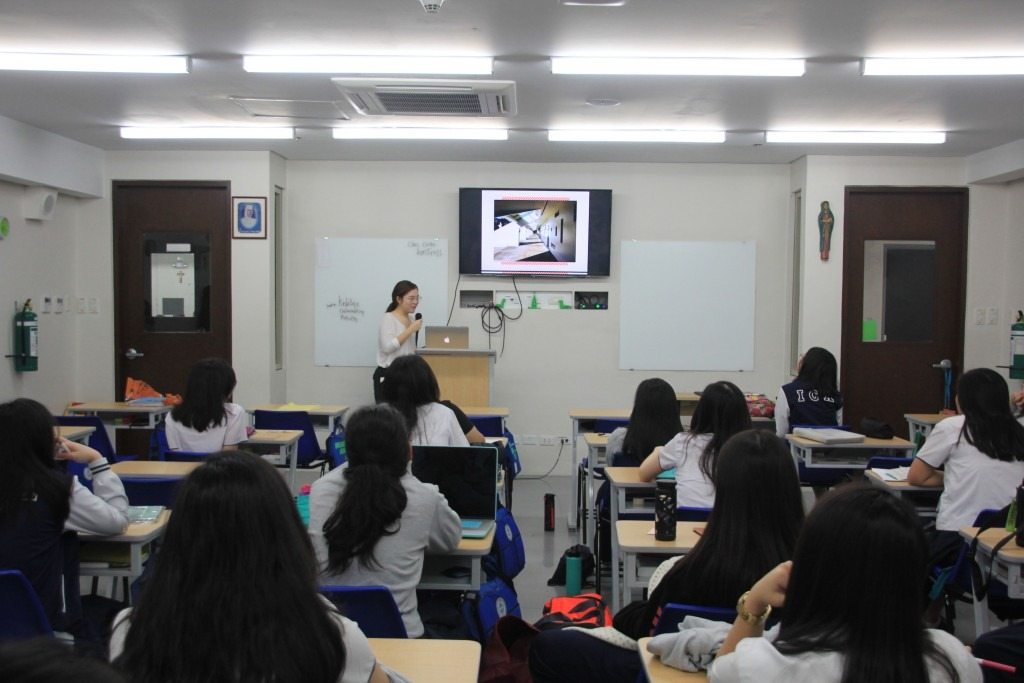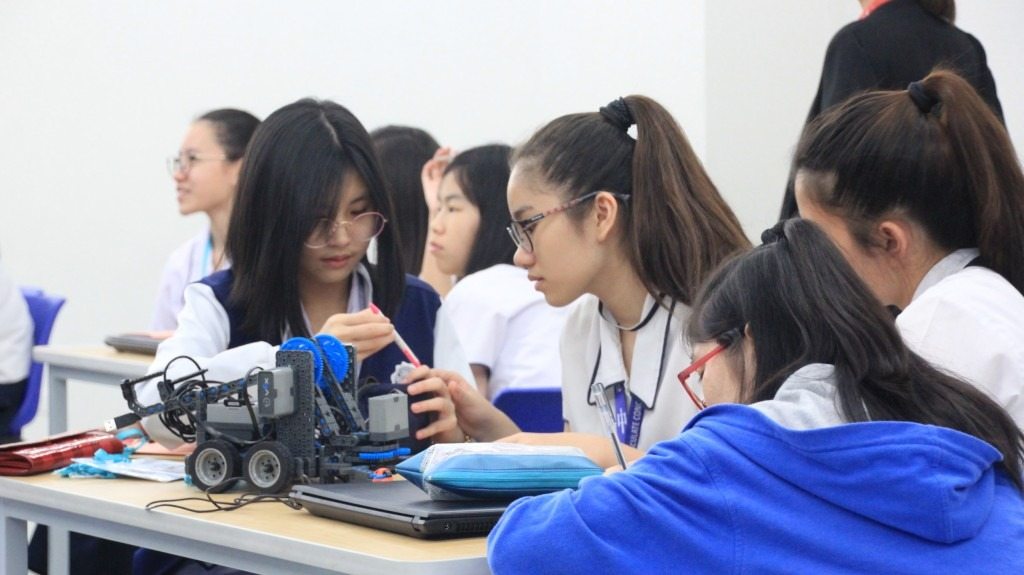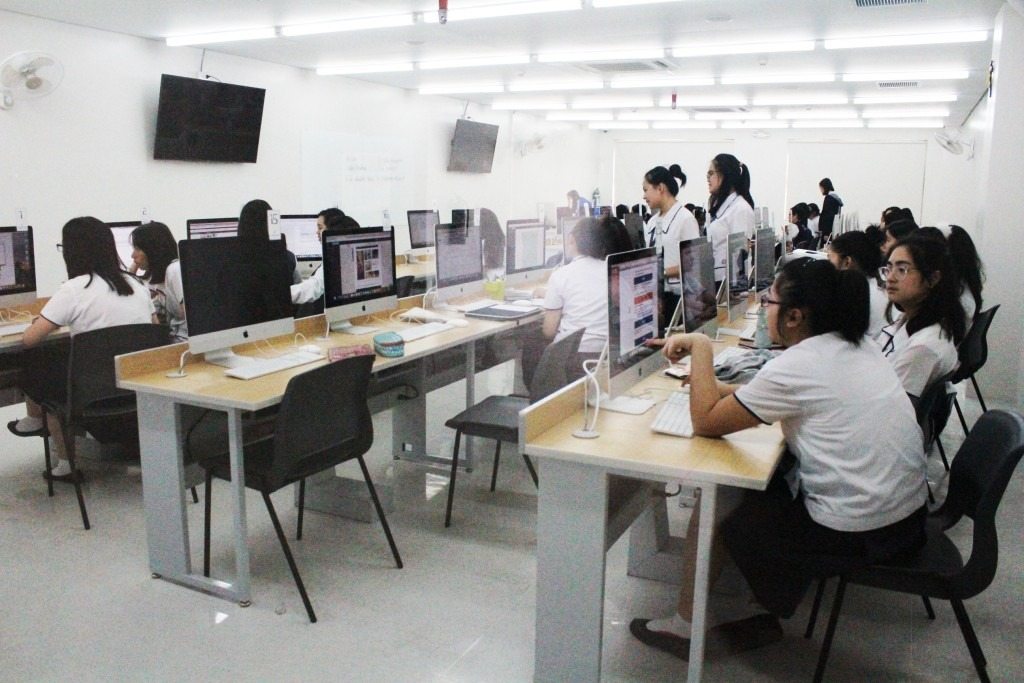Computer Education is designed to primarily prepare the students for the demands of a world where Information Technology is constantly updated. Moreover, it aims to equip the students with the necessary skills needed to cope with the demands of the different disciplines in the academic field. With the computer proficiency students will acquire, independent studies, group researches and presentation of reports in other subject areas will be facilitated.
The Computer program for first year students is a whole year course on MS Visual Basic. Students learn the rudiments of programming and creating interactive applications. The Computer program for second year students is a one semester course on database management. Using office programs MS Excel and MS Access, students are expected to be able to create, design, handle, retrieve, maintain, and extract information efficiently.
Exercises, drills, and hands-on activities are given to the students for them to apply concepts learned.
Fashion Technology provides the first year students with basic knowledge in sewing and the use of sewing machine. This course also aims to develop students’ self-confidence & aesthetic sense through basic concepts on proper care and choice of clothes.
Culinary Arts for first year students covers basic food preparation, food presentation, and use of kitchen tools and equipment. At the end of the course, the students are expected to be able to prepare simple nutritious meals and to have developed orderly and safe work habits in the kitchen.
Baking is offered in second year high school and introduces the students to the fundamentals of Baking as a culinary art. Discussions on the history of baking, current baking industry practices, and basic baking equipment and tools are followed by actual, hands-on baking. The course ends with a Bake Sale where students go through the process of developing and marketing their own products. The Bake Sale challenges not only the students’ basic baking skills but also their entrepreneurial acumen.
Research is given in third year high school. Through this course, students learn basic research skills including writing scientific papers, using statistics to analyze data, critiquing other researches, and defending their own Investigative Research work. Students will be immersed in doing research geared towards the responsible utilization of resources and the preservation of the environment. Ultimately, the course aims to lead the students to realize the importance of research in man’s progress.
Bookkeeping is a course offered to the fourth year students that provides them with basic knowledge of accounting. Discussions on business accounting concepts and processes, coupled with bookkeeping exercises, aim to develop in the students critical problem solving skills leading to sound financial decision making. The course aims to make students learn the importance of precise and accurate data in business. More importantly, the course aims to lead the students to become business leaders and entrepreneurs with integrity and conscience.





